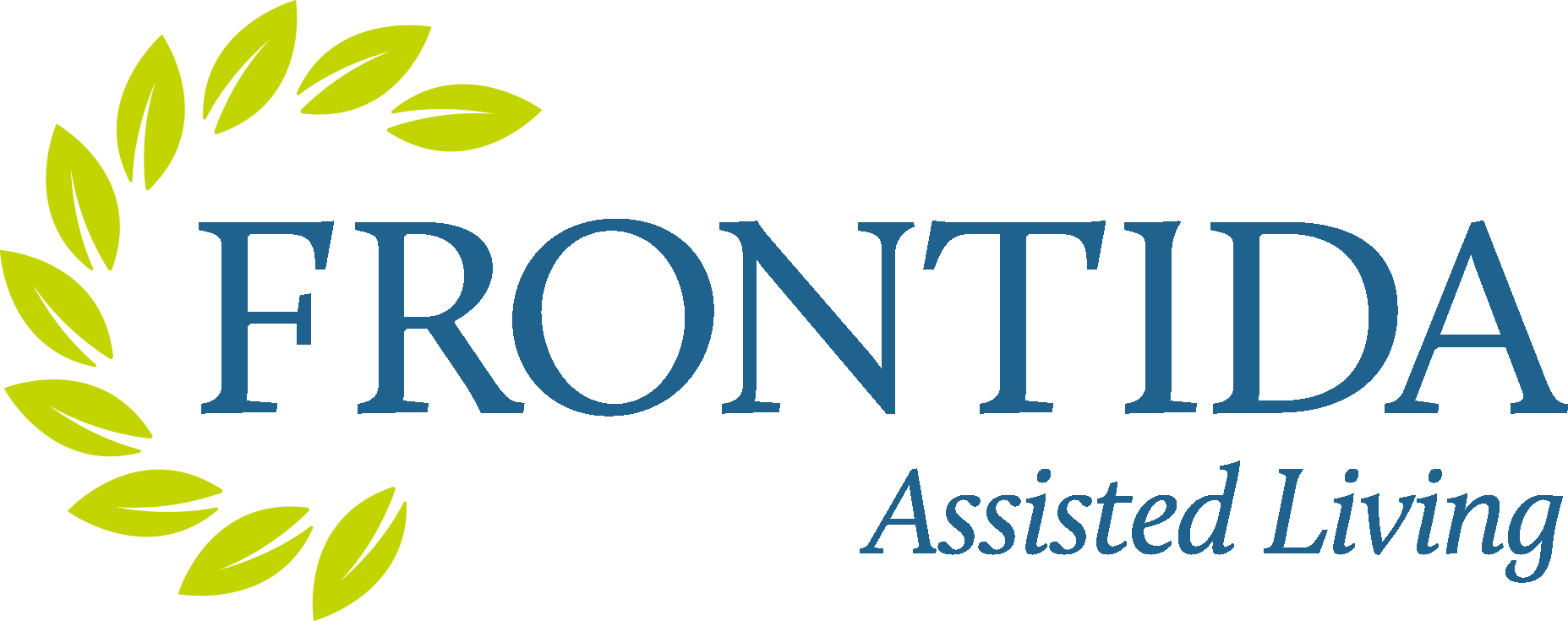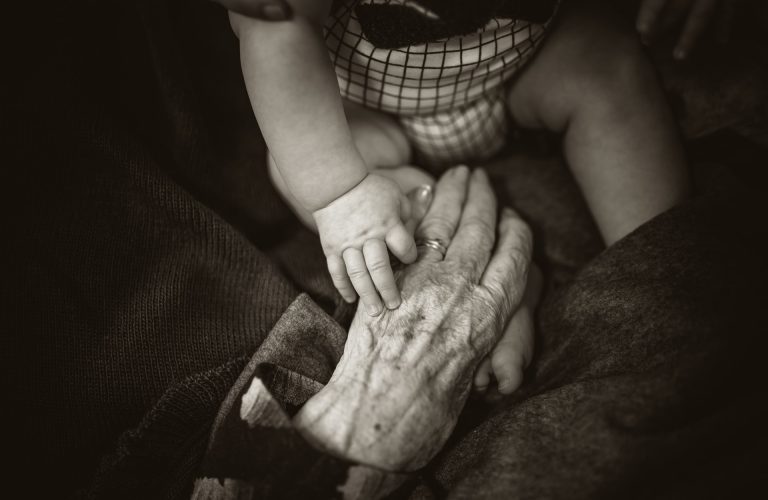Get expert tips and insight into promoting health and wellness at every age
It’s been said that age is just a number, not a definition. Still, as we age into our retirement years, it can start to feel like that number has begun to define you as a person.
Maybe you have an aging loved one whose health and wellbeing concerns you. As time goes by, you see it becoming more and more difficult for them to do the things they once did and enjoy the things they once enjoyed.

Maybe they’ve lost their energy or zest for life. They get winded and dizzy taking the stairs, or standing up from their chair, and they no longer socialize with friends and family like they once did. Maybe they’ve even started to show signs of becoming forgetful.
If you love someone and notice these changes, it can be concerning and even frightening to imagine what comes next.
For many, senior living provides an ideal next step—to ensure safe living and enhance quality of life in a community of peers.
But how do you know when and if your loved one could benefit from a move into senior living and care?
Writer and senior living expert, Elizabeth Daghfal, tackles this complex question in her article about healthy aging, identifying potential issues, and making an action plan for senior living that works for you.
Read her insights here—
This resource will help you know:
1. When it’s time for some assistance and what type of senior care to look for
2. How to find the assistance and community needed
3. Action steps to make it happen
Step 1 – Identify Care Needs
One sign that it might be time for senior care is that you are getting burned out from care-giving. Other signs are listed below and may mean that your loved one now needs more help than you can provide.
The symptoms are broken down by level. As you read through the descriptions below, in which level are most of your concerns found?
Level 1
Your loved one:
- Is lonely or concerned about being alone
- Isolates
- Has a chronic illness (dementia, diabetes, Parkinson’s)
- Needs help with housekeeping or making meals
- Keeps food after it’s expired
- Is experiencing weight gain or loss
- Is forgetful or loses or misplaces things
- Uses a cane or walker
- Needs a lift chair
- Has had 1 fall in the last 12 months
Level 2
Your loved one:
- Experiences memory loss or confusion
- Repeats questions or requests
- Does not take medication correctly
- Wets the bed or needs bathroom reminders
- Has irregular sleep patterns
- Uses incontinence pads or briefs or has a catheter
- Skips meals, or forgets he/she has already eaten
- Has difficulty chewing or swallowing
- Experiences depression
- Has had 2 falls in the last 12 months
Level 3
Your loved one:
- Uses a wheelchair or hospital bed
- Needs help getting around (e.g. getting up from bed or getting to the bathroom)
- Wanders away from home or gets lost
- Sees or hears things or people that aren’t there
- Needs assistance with clothing/getting dressed
- Repeatedly removes clothing or wears extra clothing
- Needs assistance showering
- Hits or slaps people or has inappropriate sexual behaviors
- Is unable to make decisions (due to confusion, etc.)
- Has had 3 or more falls in the last 12 months
In what level were most of your concerns found? (Read this article to understand the acronyms used in talking about senior care.)
Level 1 – RCAC or Home Care.
Level 2 – CBRF (Assisted Living)
Level 3 – CBRF (Specialized Assisted Living), Nursing Home
* A full nursing evaluation is necessary to determine appropriate level of care.
Step 2 – Identify Resources
Wondering if assisted living is the right choice?
Assisted living communities offer amenities, services, and care in a setting with the comforts of home.
They serve seniors who require assistance with:
- meal preparation
- medication management
- transportation
- personal care
- specialized care for Alzheimer’s or dementia
They usually provide the following services:
- dining services
- housekeeping
- personal laundry
- health and wellness
- social and recreational activities
And they offer care in the areas of:
- dressing
- bathing
- grooming
- continence assistance
- medication management
- mobility
- memory loss
If you feel overwhelmed, you have resources to support you:
- Which friends or family members have some experience in this area?
- Your local Aging & Disability Resource Center (ADRC) has many free resources and knowledgeable people to help take the confusion out of aging.
- Your loved one’s doctor or a local gerontologist (elder care specialist) can be a wealth of information.
- A local priest, pastor, rabbi, or other religious leader can provide care, spiritual guidance, and may be able to share their personal experiences with various local senior communities.
- Frontida Assisted Living can also help you sort through what you’re going through, what your next step should be, and how to find a community that meets your needs.
Step 3 – Create An Action Plan
Once you are familiar with what you need, it’s time to create an action plan. Finding senior care doesn’t usually happen overnight. Finding the right fit takes time and dedication. This checklist may help you organize your thoughts and the steps you will need to take:
- Where is your loved one now (home, hospital, nursing home, rehab, etc.)?
- What is your timeline for moving your loved one?
- What kind of care will your loved one need?
- Which type of senior community will meet your loved ones needs now and in the future (RCAC, CBRF, Specialized Assisted Living, Nursing Home)?
- What are your options for the type of community you are looking for? (If you aren’t sure, use your local ADRC as a resource.)
- Set up tours with the communities you are considering and know what you are looking for as you tour.
- Become familiar with the lingo used so you can navigate the maze of terms.
- Discuss options with loved ones that are involved.
- Get on a waiting list if you have some time to wait.
- Keep your senior involved in every step of the process, if possible.
- Once it’s time to move in, know how to make their new home as home-like as possible and help them adjust to their new surroundings.
- Get creative when you visit so that visits are something to look forward to.
- Stay informed on topics related to aging, watch for signs of depression, meet the emotional needs of seniors, and learn how to handle memory loss and the physical effects it can have, and stop memory loss from ruining the day.
Helpful Resources
Need other helpful information on senior living? Check out these articles. And come back to check for more…
Caring for the Elderly
What Self-Care Really Looks like for Caregivers
7 Mistakes to Avoid When Your Parents Are Aging
Decluttering Your Parents’ Home (Without Kicking Anyone to the Curb)
4 Helpful Books You’ll Want to Read as You Care for Your Elderly Parents
7 Tips To Freshen Up Your Old Caregiving Routine
Helping an Elderly Loved One Get Through All the Holiday Parties Without Burning Out
Seeing 2020 through Grandpa’s Glasses
Handling Grief
Handling the Grief on Mother’s Day When You’ve Just Lost Mom
Surviving Father’s Day When You’ve Just Lost Dad
Working Through Grief So It Doesn’t Bog You Down
When You Can’t Be There to Say Goodbye
Good Times with the Senior(s) you Love
How to Stay Connected When You Can’t Be Together
Getting to Know Them
Activities throughout the Year
Memory Loss
How to Stop Memory Loss from Ruining the Day
How to Make the Best of Memory Loss
5 Steps to Following Directions – and Why Dementia Won’t Let Grandma Do It
Types of Dementia
Emotional Health
How To Spot Signs of Depression
How To Help a Loved One with Anxiety
When Fear Is Turning Grandma Inside Out
Top 10 Emotional Needs that Are Still Important for Seniors
Physical Health
Recognizing the Unexpected Signs of UTIs in the Elderly
5 Tips To Be Sure the Elderly Are Safe in the Summer Heat
How to Survive the Unexpected Stay in Rehab
Falls
Exercise
Meal Safety
Dietary Tweaks
Preparing For Assisted Living
How to Know When an Aging Loved One Needs Help
How To Know When One Fall is Too Many
How to Start the Assisted Living Conversation
Decluttering Your Parents’ Home (Without Kicking Anyone to the Curb)
What NOT to Pack When Moving to Assisted Living
How to Help Someone Adjust to Assisted Living
Make Your Loved One’s Room Feel More Like Home
Long-term Care Insurance Part 1
Long-term Care Insurance Part 2
Assisted Living Information
Understanding Wisconsin’s Assisted Living Options
Understanding the Pre-assessment Process: What Nurses Ask and Why They Need to Know
8 Tips To Find The Best Assisted Living
Top 10 Reasons Why You Shouldn’t Wait to Research Assisted Living
How to Choose Assisted Living Without Getting Into A Family Feud
We work hard to provide quality posts to help you and your loved ones. Ready to talk with someone at Frontida Assisted Living? Sign up for a tour today!

Elizabeth Daghfal is a writer, teacher, speaker, and community volunteer. When she isn't teaching or writing-- Who are we kidding? Her husband and five kids say she's ALWAYS teaching and writing. She has a passion to help people who are struggling and is happy to say her shoulders are drip-dry. Born and raised in the South, she now lives in Wisconsin and loves it--except for the fifteen months of winter. Read more about her at elizabethdaghfal.com.

